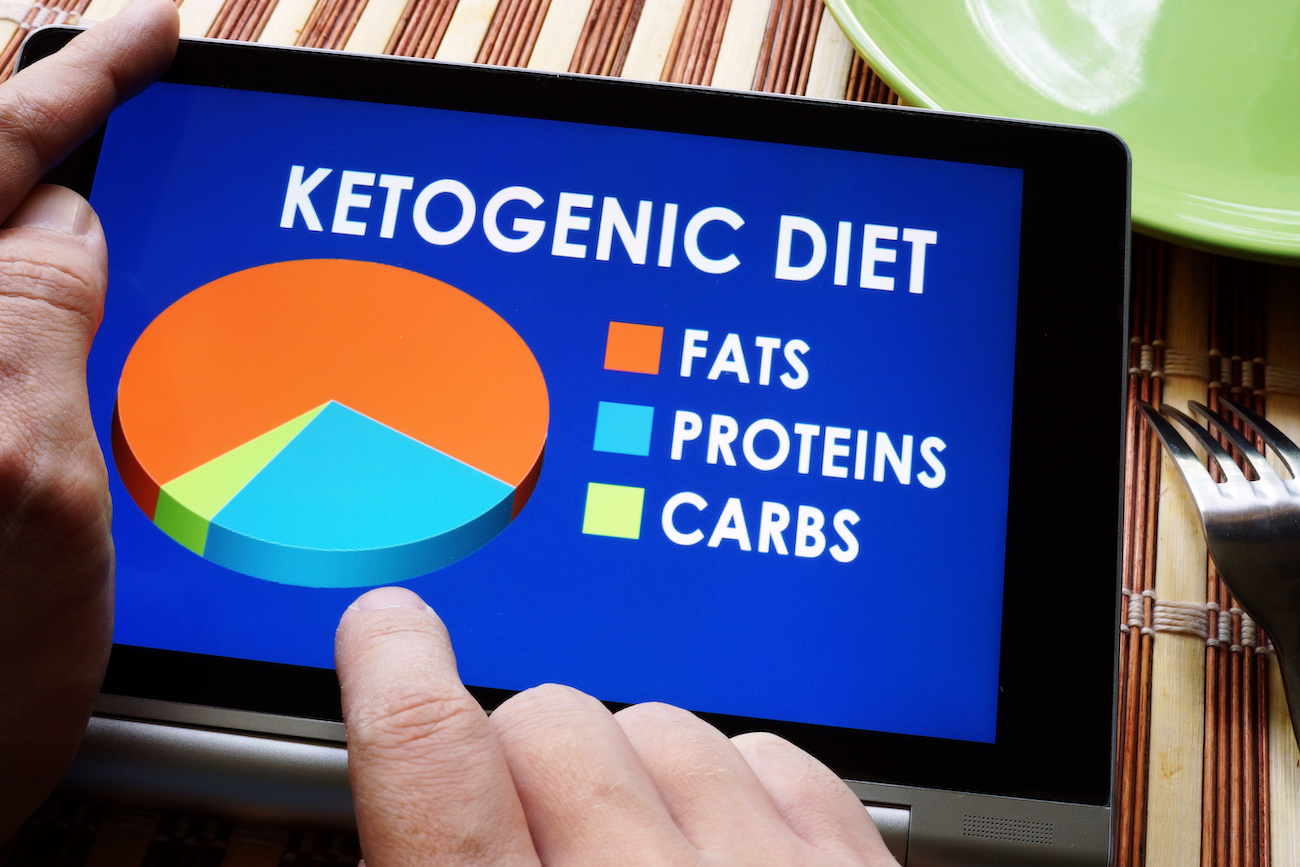Over-consumption of food is one of the primary reasons for significant weight gain. It is on this premise that the ketogenic diet, popularly known as the keto diet, was born.
The keto diet, simply put, is a high-fat, moderate-protein, and low-carbohydrate diet that is proven effective to burn fats faster. Plus, you get to eat your delicious omega-3 salmon and tender steak.
How does it work?
The whole idea of the keto diet is to obtain more calories from fats and proteins than from carbs. The bodies of keto dieters then learn to use ketones (the byproducts of fatty acids when disintegrated) than glucose from carbohydrates for energy conversion. This state is called ketosis.
When you alter your diet such that you consume less than 50 grams of carbohydrates per day, your fuel, which is glucose, runs out. This forces your body to break down proteins and fats for alternative sources of energy. Normally, the switching of energy resource happens less than a week.
How long should you be on keto diet?
Any form of restrictive dieting for the purpose of shedding fats only should be short term. When done for a prolonged period of time, it potentially causes nutritional deficiencies and decreased productivity, along with other unwanted side effects.
A period of 3 to 6 months is enough to achieve a significant weight loss. This short period is justifiable, given that it requires more calories to convert fats into energy. Anything longer than 6 months should be consulted with your Registered Dietitian Nutritionist (RDN).
What is the typical keto diet plan?
When undertaking the keto diet, it’s best to do a weekly meal plan so you won’t end up lost in the process, not knowing the right foods to eat and ending up cheating.
Your food choices must include a generous amount of proteins. Eat meat, such as grass-fed beef, seafood high in omega 3 (salmon, mackerel, oysters, seaweed, sardines, etc.), and dark-meat chicken. However, avoid cold cuts and processed meat products, particularly those coated with sugary sauces. Go organic whenever possible.
Load up on oils and fats. Food sources include avocado, coconut oil, butter, olive oil, walnuts, flax seeds, and chia seeds. Also, don’t forget your green leafy vegetables and less-starchy fruits to fill your system with nutrients.
Stay away from food with high trans fat, sugar, and preservatives, lest you beat the purpose of being on a diet program. Your goal is to take in more good fats, not bad fats. As to how much sugar can you have on keto diet, it depends on your body needs since each person is different from the other. So consulting with your nutritionist is helpful.
Experts say that generally an average person on a keto diet must consume less than 50 grams of total carbohydrates daily, and this count already includes your sugar intake.
What are the benefits of keto diet?
While many people intentionally put themselves in a keto diet program for the purpose of shedding off fats, some are compelled to engage in restrictive dieting because of health reasons.
Patients who have prediabetes or Type 2 diabetes are recommended for medical nutritional therapy which restricts their intake of carbohydrates and sugar. This low-carb diet allows dietitians to manage their patients sugar spikes or generally the insulin production.
Cancer cells are believed to thrive in sugar. With low-carbohydrate diets like the keto diet, the production of insulin, the hormone accountable for storing and converting sugar, is lowered.
Likewise, the level of bad cholesterol in the body also decreases along with decreased insulin production. This means a healthier heart and less risk of cardiovascular diseases like hypertension, stroke, and hardened arteries.
Some other medical disorders that the keto diet has helped are the following: polycystic ovary syndrome, epileptic seizures, and brain-related disorders (e.g., Alzheimer’s and Parkinson’s).
Does the keto diet benefit the skin?
The answer is an astounding yes. Carbohydrates have been associated with skin problems like the dreaded acne. The development of acne is linked to insulin. Nonetheless, further studies are needed to validate this claim.
Are there known side effects of keto diet?
Commonly, the side effects are temporary and not severe such as constipation and low glucose levels. In some other cases, more serious side effects occur like keto rash, kidney stones, keto flu, and acidosis.
Hence, it’s highly important that before embarking on any diet program, you must consult with your registered dietitian nutritionist.


